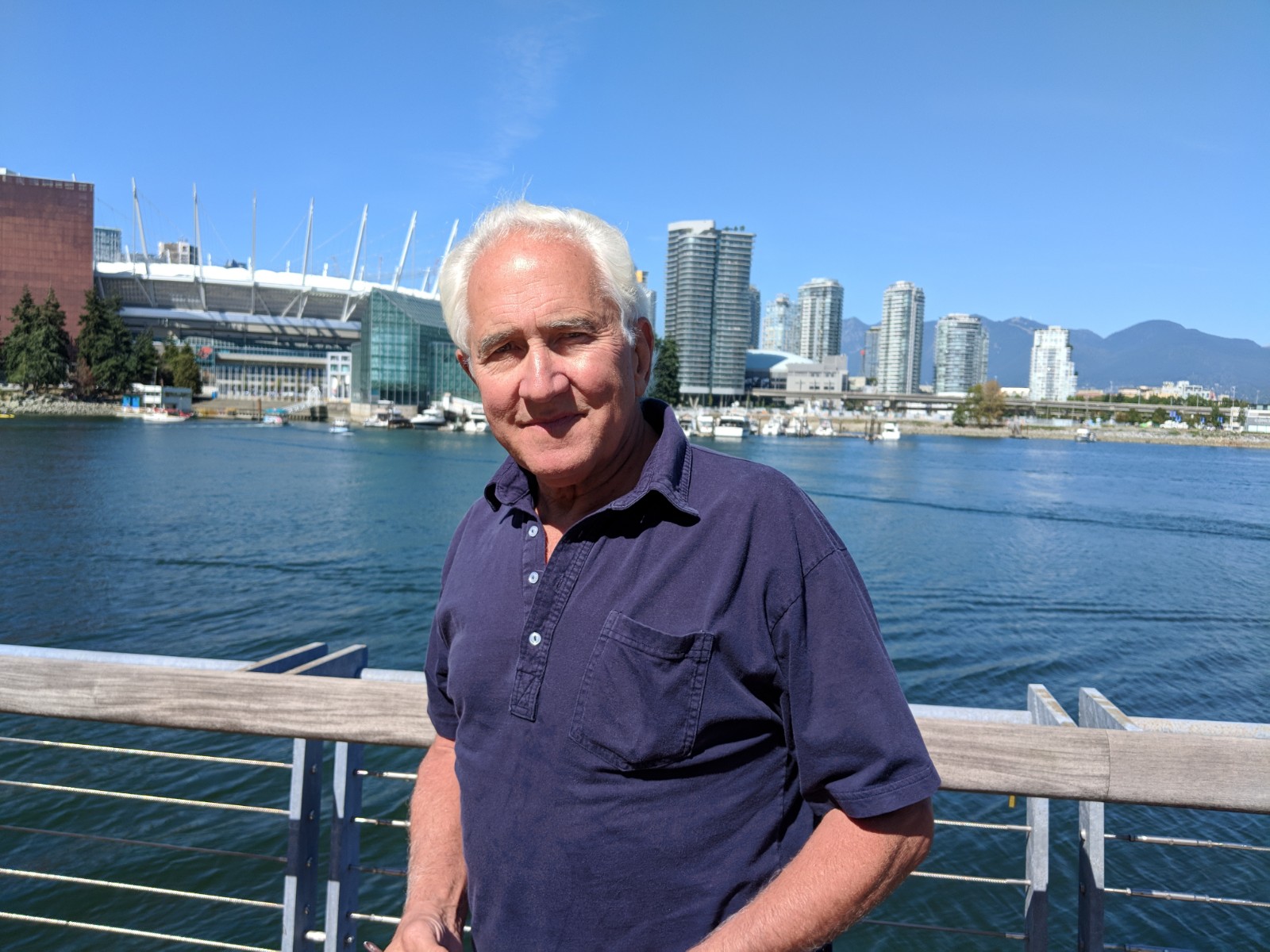75-year-old Lee Frissell was an NYU professor when terrorists attacked the World Trade Center on September 11, 2001. His office was just one block from the Twin Towers and he saw every detail of that day.
After the attack, Lee continued to work in that same area for 15 years.
Due to continuous exposure to toxic air post 9/11, Lee enrolled in the World Trade Center Health Program, an initiative that provides monitoring and treatment services for certified, 9/11-related health conditions.
Lee has since been diagnosed and treated for three different kinds of lung cancer – all were directly attributed to the air and toxins that he unknowingly breathed in for so many years. Interestingly, Lee never experienced any symptoms.
As fate would have it, after Lee was treated for his third kind of lung cancer at CTVS, doctors discovered another potential, silent killer. This time it was a rare aneurysm called a Thoraco-Abdominal Aortic Aneurysm, or TAAA. This kind of aneurysm is a bulging in the aorta that extends from the chest to the abdomen.
TAAAs, according to Dr. Mazin Foteh, one of our board certified vascular surgeons, are extremely difficult to treat and come with dangerous risks. “Open surgery could leave a patient paralyzed, with permanent renal failure, or worse, cause death.”
Fortunately for Lee, Dr. Foteh was able to treat his aortic aneurysm with a new device called a GORE® EXCLUDER® Thoracoabdominal Branch Endoprosthesis (TAMBE device). It is part of a clinical trial. CTVS is the only site in Central Texas participating in the study and Dr. Foteh is the principal investigator.
Dr. Foteh performed a minimally invasive procedure using the new device that is designed with strategically placed openings to allow for all the visceral vessels to be independently stented through the holes to maintain blood flow. Traditional stents would have blocked blood flow to vital organs like the kidneys.
“I understand that it saved my life, and the procedure itself was completely painless, no scars and no bad consequences,” explained Lee. “I recently did a four-mile hike and feel like I haven’t even had surgery.”
According to the CDC, risk factors for aortic aneurysms include smoking, age, being male and a family history. Lee thinks a few of his family members may have died from similar aneurysms, so he’s grateful that CTVS discovered his before it was too late.
To schedule an appointment with any one of our vascular specialists, please visit ctvstexas.com or call us at (512) 459-8753.
Don’t forget to follow us on Facebook and Twitter and check our blog for regular updates.

